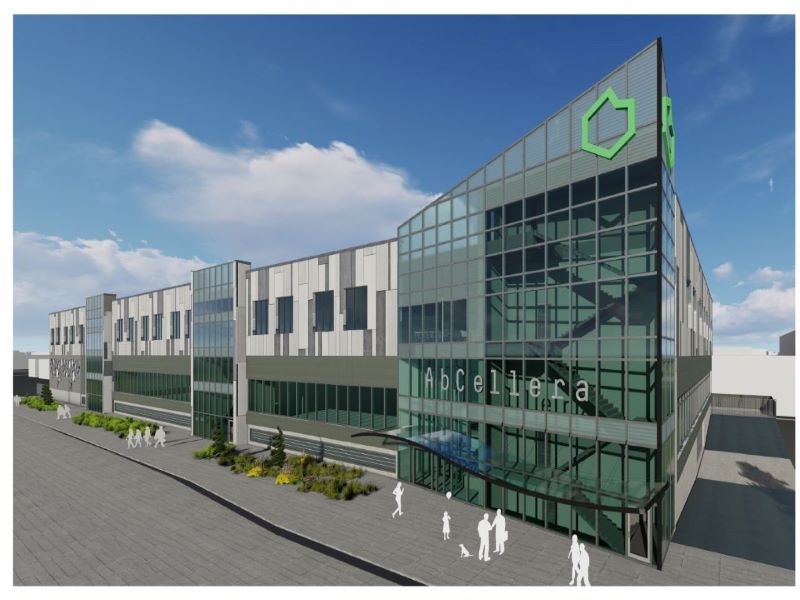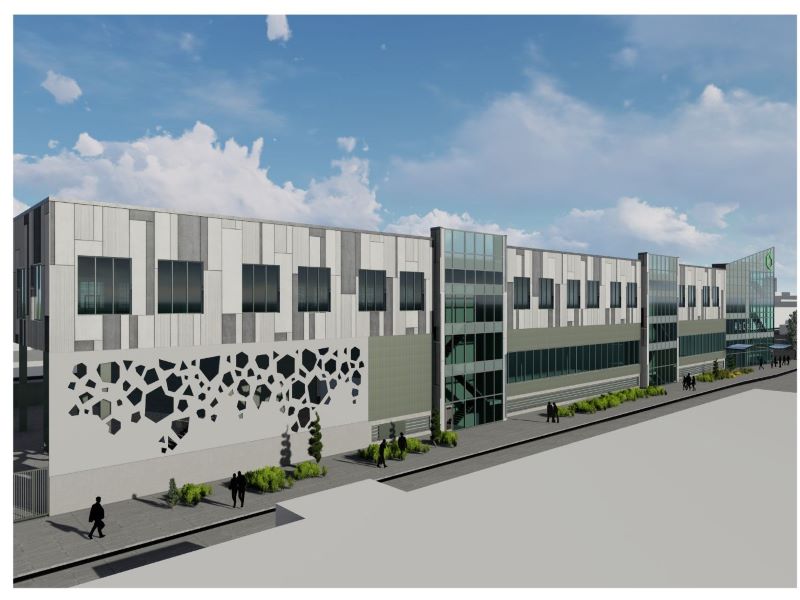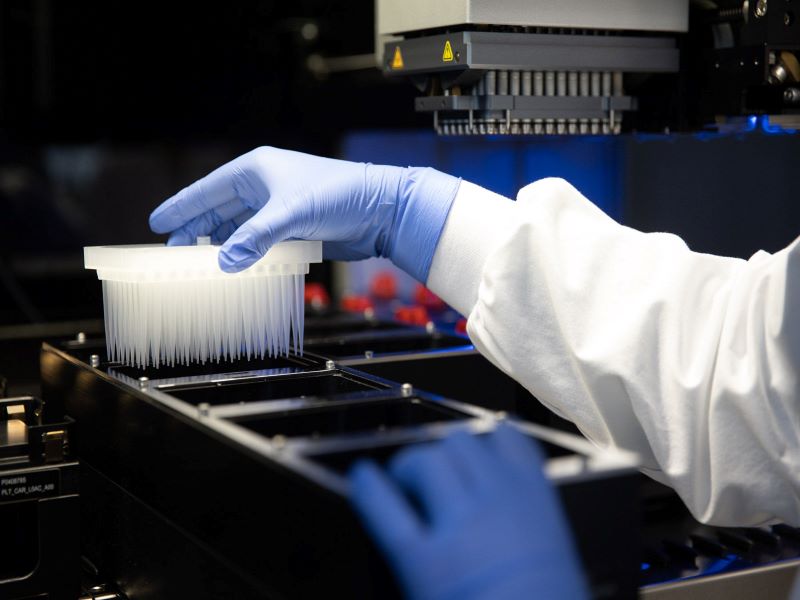Canadian biotechnology firm AbCellera Biologics is to build a good manufacturing practice (GMP) antibody manufacturing facility in Vancouver.
The facility will allow AbCellera to expand its capabilities for bringing innovative antibody therapeutics to clinical trials. It is intended to provide the essential technology and infrastructure to help Canada respond quickly to future pandemics.
Detailed design works on the GMP facility are underway, with a ground-breaking ceremony scheduled to take place in late 2021.
Details of the AbCellera Biologics GMP manufacturing facility
The 130,000ft² facility will be built on a two-acre site at the 900th block on Evans Avenue. It will facilitate the development of antibody-based therapies for a range of medical conditions and manufacture antibodies for clinical testing.
As well as the GMP protein biologic manufacturing area, the building will feature laboratory, offices and warehouse space.
The facility will support AbCellera’s customers by advancing the development of their drug programmes from the drug target to the Investigational New Drug (IND) application submission stage.
It is expected to begin GMP manufacturing in early 2024 and will provide hundreds of jobs when fully operational.
The company is also creating an internal chemistry manufacturing and controls (CMC) development organisation comprising a team of scientists and engineers. The organisation will focus on developing antibody therapeutics manufacturing processes.
The integration of CMC and GMP capabilities with AbCellera’s technologies for antibody discovery will allow the company to accelerate antibody drugs from discovery to clinical trials.
Funding for the AbCellera Biologics GMP manufacturing facility
The GMP manufacturing plant is being partially funded by a $125.6m grant from the Canadian government’s Strategic Innovation Fund (SIF), which was created to fund large projects to accelerate innovation in the country.
Announced in May 2020, the funding will be used to improve the company’s antibody discovery platform and support the facility’s construction.
AbCellera’s antibody discovery platform
AbCellera specialises in antibody discovery, protein analysis, antibody therapies, cell culture, single-cell genomics, monoclonal antibody discovery, cell enrichment, cell screening, microfluidic single-cell analysis, cell recovery and protein engineering.
The company searches, decodes and analyses natural immune systems to find antibodies to aid in drug development.
AbCellera’s full-stack, artificial intelligence (AI)-powered drug discovery platform is designed to integrate the latest technologies in the fields of engineering, machine learning, hyper-scale data science, microfluidics, high-throughput genomics and single-cell analysis. The platform identifies new drug candidates and works on reducing the time taken to bring treatments to patients.
The company helps drug developers of all sizes, from large pharmaceutical firms to small-scale biotechnology start-ups, overcome the challenges in drug development.
Marketing commentary on AbCellera Biologics
Founded in 2012, AbCellera is a privately held Canadian biotechnology company established as a spin-off built on microfluidic research work at the University of British Columbia.
The company is focused on developing antibody-based drugs and using its proprietary antibody-drug discovery technology to help identify antibodies from blood samples of patients who recovered from the novel coronavirus disease (Covid-19) for drug development to treat it.
AbCellera developed Bamlanivimab, the world’s first monoclonal antibody therapy for Covid-19, in partnership with American pharmaceutical company Eli Lilly. In November 2020, Bamlanivimab received emergency use authorisation (EUA) from the US Food and Drug Administration (FDA).





